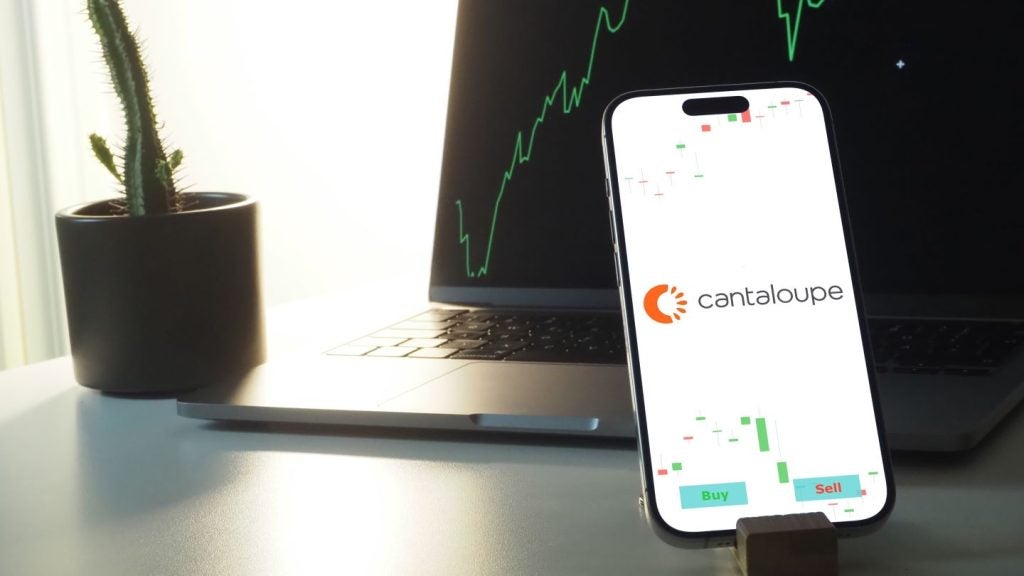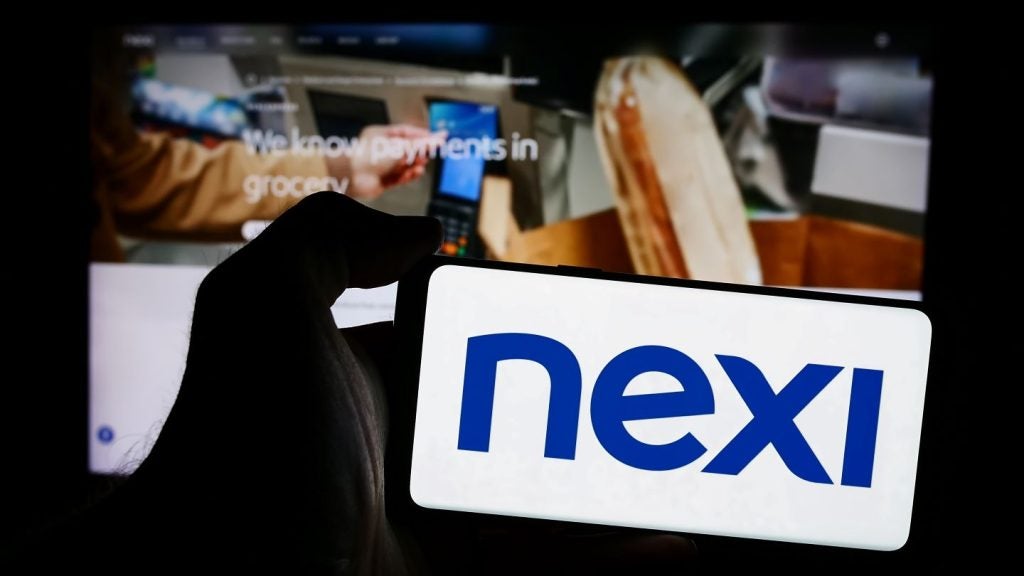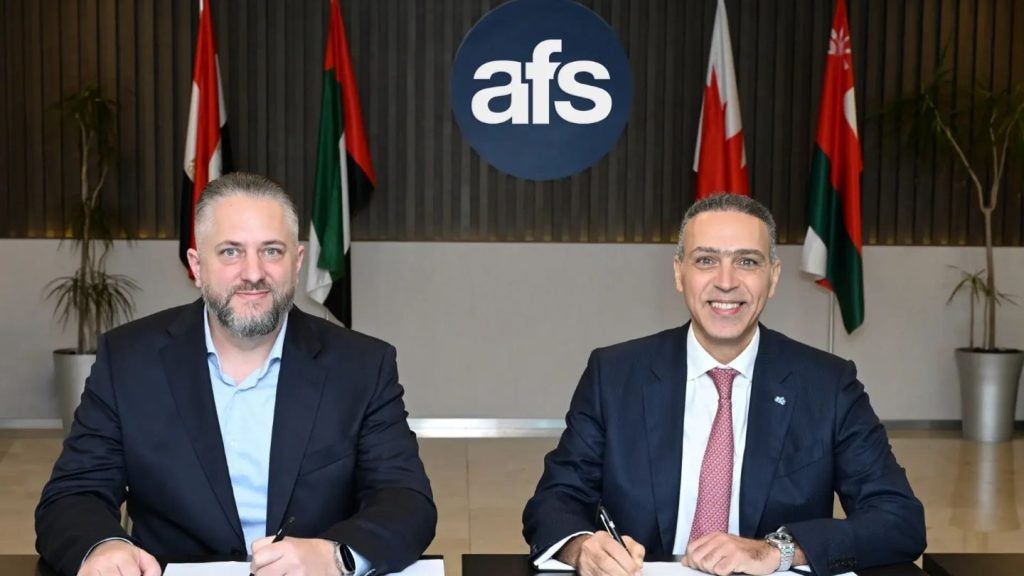Europe’s clearing market clearly felt the
impact of the credit crisis during 2011.
At this year’s Sibos,
frank discussions on the unintended consequences in
Basel III and SEPA raised questions over the future ownership
of clearing houses. The CEOs
of Europe’s leading clearing houses later told Electronic
Payments International they considered a simple SEPA-compliant
service plain vanilla – restricting business growth. Thus, the
world of payments clearing looks more and more like the securities
clearing business, at least a bit: From a logical perspective, it
would make sense to consolidate. In five to ten years time, there
will be room for only four to five, maybe seven, clearing houses in
Europe, some argued.
So far, there has been room for individual
growth, it seems:
Equens opened its London office on 9 December, telling
Electronic Payments International that its goal was to
expand in Europe.
The environment after the SEPA end-date will
depend on the shareholders, as well as pricing and value-added
services. Such sentiments suggest that banks are preparing
themselves for major change.
The call
for a SEPA end-date echoed particularly loudly in October at
the SIA expo in Milan. Industry stakeholders argued innovation and
regulation and features associated with two terms (technology,
infrastructure, security), as well as the relation between the two,
were key to solving Europe’s payment problems. They demanded
stronger focus on technology infrastructure to restore
competitiveness and stimulate growth in the payments industry and
wider economy; some even called SEPA a “spring board for
innovation”, arguing the arising business opportunities from
online, mobile and e-invoicing systems would “considerably benefit”
from an integration on European-level.
One such eSEPA project was EBA
Clearing’s MyBank, an online banking e-payment solution that
enables online payments through regular banking interfaces.
A bigger initiative by EBA was the change
to the EURO1 platform, the bank-owned clearing and settlement
system for cross-border and domestic euro payments at a
pan-European level. EBA reduced minimum bilateral loss sharing
credit limit for banks in the system from €5m to €2m to lessen the
risk exposure among banks. Conversely, it doubled the maximum
bilateral credit limit to €50m to enable banks to increase the
discretionary limits in low-risk cases.
One article that divided the industry into two
was VocaLink’s
drop out of SEPA. Its
focus on Faster Payments, however, is a substantial one as this
is an emerging area. In the US,
NACHA proposed a new system for same-day settlement, which the
clearing house said would be meet demand for faster processing,
bring the US clearing market on par with overseas markets and
enhance the its strength in competing with alternative payment
channels.
In
Azerbaijan, meanwhile, the local processing centre MilliKart
began clearing payments in foreign currencies. The Central Bank of
Azerbaijan and MilliKart as well as 13 local banks served by the
clearing platform signed the agreement in August.






